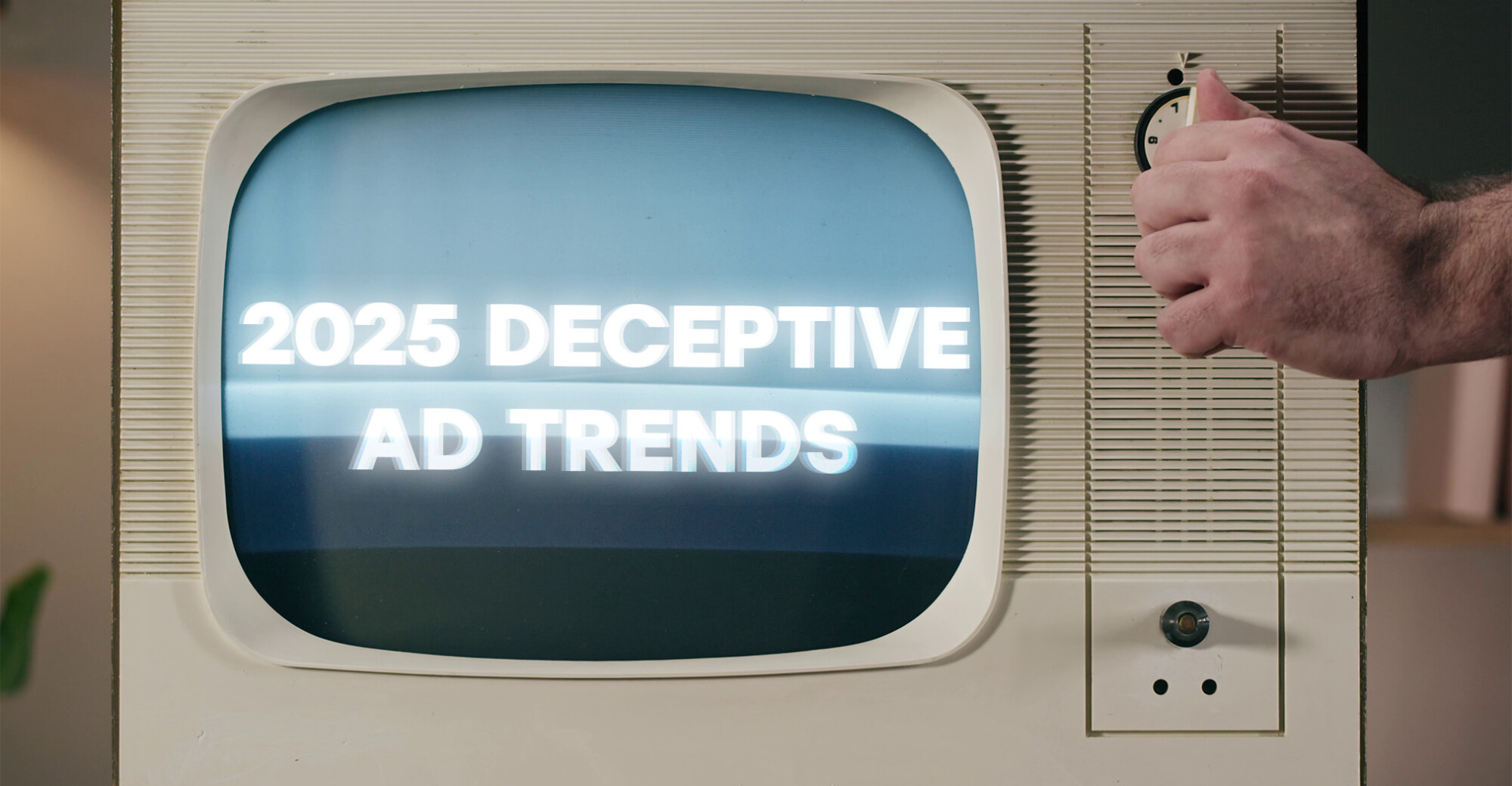
2025 Deceptive Ad Trends
A closer look at what we’ll be monitoring in the new year.
What consumers should know about a provision hidden in some employment contracts.
Smoothstack, a Virginia-based IT staffing agency that targets recent college graduates and entry-level employees, advertises on its website that consultants will “be trained to work for some of the top companies in the world on some of the most exciting challenges in tech.” The company encourages consumers to “apply now and get real job training” and guarantees two years of employment.
“Stop worrying about patching together contracts,” the site says. “With Smoothstack, you are a consultant for the world’s top companies. You have a job for two years, guaranteed.”
But what Smoothstack omits from its marketing pitch is that consultants can find themselves stuck in that job for two years, unable to leave if a better opportunity comes along without having to pay a large penalty, according to a Department of Labor complaint filed against the company in July.
The complaint alleges that Smoothstack traps employees in their jobs by demanding them to pay up to $30,000 if they leave the company before completing 4,000 hours – or about two years – of billable work. This causes some employees to earn less than the federal minimum wage, the DOL alleges in the pending litigation. Smoothstack did not respond to TINA.org’s request for comment.
Such training repayment agreement provisions, or TRAPs, are an increasing concern for workers, especially those in search of on-the-job training or education.
While the prevalence of TRAPs has been difficult to nail down, partly due to the fact that they are often buried in employment agreements, the initial use of TRAPs in the financial services sector in the 1990s has expanded to new industries, including healthcare, transportation and retail.
PetSmart, the largest retail pet chain store in the country, is another company that advertises “paid training” for workers.
“Our Grooming Academy includes over 800 hours with more than 200 different dogs,” the company says on its website.
PetSmart claims to offer more than $6,000 worth of academy training. But according to a 2022 lawsuit, PetSmart requires that all employees who enroll in its Grooming Academy sign a TRAP agreeing to take on $5,000 of debt in exchange for the training. According to the lawsuit:
PetSmart forgives that debt only if the worker stays at their job for two years after they begin training, no matter how little they are paid or how poorly they are treated. The TRAP even allows PetSmart to collect on the $5,000 debt if an employee leaves their grooming job involuntarily, such as if they are fired or laid off.
The lawsuit against PetSmart is pending. PetSmart did not respond to a TINA.org request for comment.
Regulators appear to be aware of the harms of TRAPs.
In April, the FTC announced a rule banning noncompete clauses in employment agreements that could also be applied to TRAPs.
“When TRAPs function to prevent a worker from seeking or accepting other work or starting a business after the employment associated with the TRAP, they are non-competes,” the FTC wrote in its final rule.
The FTC said it had received more than 26,000 comments on the proposed rule, including some contending that TRAPs may be even more harmful than noncompete agreements, which generally prohibit employees from working for a competitor, because TRAPs can prevent workers from leaving their job for any reason.
While the overwhelming majority of the comments were in support of the FTC’s noncompete ban, a district court in August issued an order preventing the FTC from enforcing the ban. The FTC has appealed the decision.
The bottom line
Before signing an employment contract, look it over carefully. It’s better to find out if there are any strings attached to advertised perks like free or paid training before you start the job.
Find more of our coverage on jobs here.
A closer look at what we’ll be monitoring in the new year.
TINA.org takes a closer look at this MLM offering “braille for your brain.”
Several of this year’s Super Bowl advertisers have run into legal trouble for alleged deceptive marketing.


